별을 스치는 바람 La guardia, il poeta e l'investigatore (Italian/Italiano)
ISBN 9788838933486
Language Italian
N. of Pages 392쪽
Size/Weight 215 * 140 * 26 mm/ 540g
Author/Editor Lee Jung-Myung
Publisher Sellerio
Date of Publication 2016년
Country of Origin Italia
ISBN 9788838933486
Language Italian
N. of Pages 392쪽
Size/Weight 215 * 140 * 26 mm/ 540g
Author/Editor Lee Jung-Myung
Publisher Sellerio
Date of Publication 2016년
Country of Origin Italia
ISBN 9788838933486
Language Italian
N. of Pages 392쪽
Size/Weight 215 * 140 * 26 mm/ 540g
Author/Editor Lee Jung-Myung
Publisher Sellerio
Date of Publication 2016년
Country of Origin Italia
In un campo di prigionia giapponese durante la seconda guerra mondiale si può morire per amore dell’arte e della letteratura. Un omicidio, una intricata cospirazione, due guardie, un giovane poeta e i suoi versi clandestini. «Con questo romanzo Jung-myung Lee celebra il potere della poesia, dei libri e della lettura e ci fornisce un “sesto senso” capace di alleviare e trasformare anche i periodi più bui» (Independent).
Nel 1944 la Corea è sotto l’occupazione giapponese, e nella prigione di Fukuoka non si permette ai detenuti coreani di usare la propria lingua. Un uomo, una guardia carceraria, viene trovato brutalmente assassinato, e un giovane collega dall’animo sensibile e letterario viene incaricato di condurre l’indagine e trovare il colpevole. La vittima era temuta e odiata per la sua brutalità, ma quando l’improvvisato investigatore avvia la sua inchiesta interrogando custodi e detenuti, ricostruendo poco a poco i movimenti degli ultimi mesi, un diverso e sorprendente scenario si impone alla sua attenzione. Dall’inchiesta sull’uomo emerge il passato di un povero analfabeta orfano dei genitori, il faticoso riscatto attraverso il lavoro, la carriera nella prigione, la scoperta di una passione inaspettata, il ruolo di «censore» con l’incarico di controllare la corrispondenza in entrata e in uscita dal carcere. E soprattutto il legame con un detenuto particolare, un famoso poeta coreano, autore di scritti sovversivi. E proprio attorno al poeta ruota l’intera vicenda: nel corso dei suoi interrogatori il giovane si trova a parlare sempre di più con il prigioniero e, come prima di lui la guardia assassinata, a immergersi in un dialogo fatto di letteratura, d’arte, di libertà. Si scopre a desiderare la bellezza dei suoi versi clandestini, a subire il potere eccitante e al tempo stesso rasserenante della parola poetica.
Calibrando suspense e ricostruzione storica, dolore e dolcezza, il romanzo dipinge un universo di contrasti: le condizioni dei detenuti obbligati ad abolire il proprio nome, la costante violenza fisica e psicologica alla quale sono sottomessi, il raggio di luce dei poemi del poeta realmente esistito Yun Dong-ju le cui parole diventano merce di contrabbando, balsamo di speranza, sfida provocatoria e coraggiosa alla crudeltà degli esseri umani.
[ENG]
In a Japanese prison camp during the Second World War you can die for the love of art and literature. A murder, an intricate conspiracy, two guards, a young poet and his clandestine verses. «With this novel Jung-myung Lee celebrates the power of poetry, books and reading and provides us with a "sixth sense" capable of alleviating and transforming even the darkest periods» (Independent).
In 1944 Korea was under Japanese occupation, and in Fukuoka prison Korean inmates were not allowed to use their language. A man, a prison guard, is found brutally murdered, and a young colleague with a sensitive and literary soul is tasked with conducting the investigation and finding the culprit. The victim was feared and hated for her brutality, but when the improvised investigator starts his investigation by questioning custodians and inmates, gradually reconstructing the movements of the last few months, a different and surprising scenario comes to his attention. From the investigation into the man emerges the past of a poor illiterate orphan of his parents, the tiring redemption through work, his career in prison, the discovery of an unexpected passion, the role of "censor" with the task of checking correspondence entering and leaving prison. And above all the bond with a particular prisoner, a famous Korean poet, author of subversive writings. And the whole story revolves around the poet: during his interrogations the young man finds himself speaking more and more with the prisoner and, like the murdered guard before him, immersing himself in a dialogue made of literature, art , of freedom. He finds himself longing for the beauty of his clandestine verses, suffering the exciting and at the same time soothing power of the poetic word.
Calibrating suspense and historical reconstruction, pain and sweetness, the novel paints a universe of contrasts: the conditions of the prisoners forced to abolish their names, the constant physical and psychological violence to which they are subjected, the ray of light of the poems of the poet who really existed Yun Dong-ju whose words become contraband goods, balm of hope, provocative and courageous challenge to the cruelty of human beings.













